My daughter recently said that it would be best (i.e., most sustainable) not to travel at all. It could be as simple as that. But of course, it’s not, because firstly, Goethe already knew that “the best education … lies in travelling” and secondly, not travelling is not collectively feasible. So, we need to think a bit more about what “sustainable travel” means – or rather, how we can and should design a trip to make it truly sustainable.
It is quite easy to agree on which type of travel is particularly environmentally friendly: Travelling by train is better than flying and the car should also be used in a way that conserves resources as much as possible. Even more sustainable, of course, are cycling and hiking. But holidays are not only about getting there and back or mobility at the destination, but also about the location. Apart from backpacking trips to distant countries perhaps, where you are on the move more than staying in one place. And when you consider how long the search for the most beautiful holiday home can take, it becomes clear how important the right holiday home is, even if different criteria are important for everyone when choosing. In this regard the topic of sustainability is becoming increasingly important: Is the house built in an energy-efficient way? Has the importance of pollutant-free materials been taken into consideration? In architecture, these questions have been intensively discussed and implemented for many years: The holistic certification system of the German Sustainable Building Council (DGNB), for example, evaluates the entire building process and thus examines the complete project and not just individual measures.
This approach would also be desirable for booking portals and landlords, because unfortunately this term is often used quite carelessly. All too often, a closer look reveals that the measures of accommodation that are described as sustainable refer – somewhat exaggeratedly – to energy-saving heaters, organic shower gel or reusable straws, i.e., that partial aspects are supposed to determine the overall picture. This is commonly referred to as greenwashing. The accommodation providers make it just as easy for themselves as the travellers, who immediately feel a little better as soon as at least a small part of the trip seems to be sustainable.
In fact, environmentally conscious travel is a very complex, contradictory, and sometimes uncomfortable topic. Who doesn’t know the dilemma of wanting to meet sustainable standards while at the same time pursuing exuberant holiday pleasures? At home, the flat is climate-neutral, you separate your rubbish and make sure your packaging is as plastic-free as possible – but on holiday, you become careless with yourself and the environment, after all, you want to enjoy a carefree time, without constantly questioning your actions. After all, when you are on holiday, you can make an exception, the children get three scoops of ice cream instead of just one.
The whole thing is made more difficult by the fact that the question of what really is sustainable, is not so easy to answer. A cotton carrier bag is per se no more environmentally friendly than a plastic bag made of recyclable plastic, unless you use the same cotton bag many, many times. And a trip is not automatically environmentally friendly just because you travel by train – or because you justify your flight with a donation to a carbon offset program. Of course, the shorter the trip, the more environmentally friendly it is, and of course flying is at least partially offset by planting a tree elsewhere. But in any case, you have to look closely in order to be able to judge what is being sold to you as sustainable.
But it is even more important to examine one’s own behaviour and develop an attitude towards the topic of sustainability, to start with oneself – and also to live with the fact that there are no easy answers. It means weighing up for yourself what you can and want to take responsibility for. Some do without air-travel, others at least make sure they have ecological accommodation at their destination and that they behave as environmentally consciously as possible. Travelling and ecological responsibility are by no means mutually exclusive. The goal should be not to leave behind too large an ecological footprint – and for this it is often enough to think about what is important to you in terms of sustainability at home. And if you already pay attention to this in everyday life, it is hopefully only half as difficult to behave environmentally consciously on holiday. Of course, this is not the end of the subject of sustainable travel. “Soft tourism” means much more: for example, organising your stay locally, treating nature with care and respecting the culture of the country visited. However, this discussion is beyond the scope of this point. Maybe after my holiday – my flight leaves tonight.
Text: Tina Barankay, August 2021
About the author: Tina Barankay has been combining her passion for aesthetics and design with her professional activities for many years, among others as an editor for the architecture magazine DETAIL. As a freelance journalist and consultant, she publishes articles, produces publications and designs communication concepts in the fields of architecture, interior design and design.
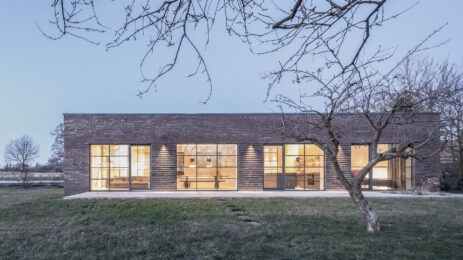

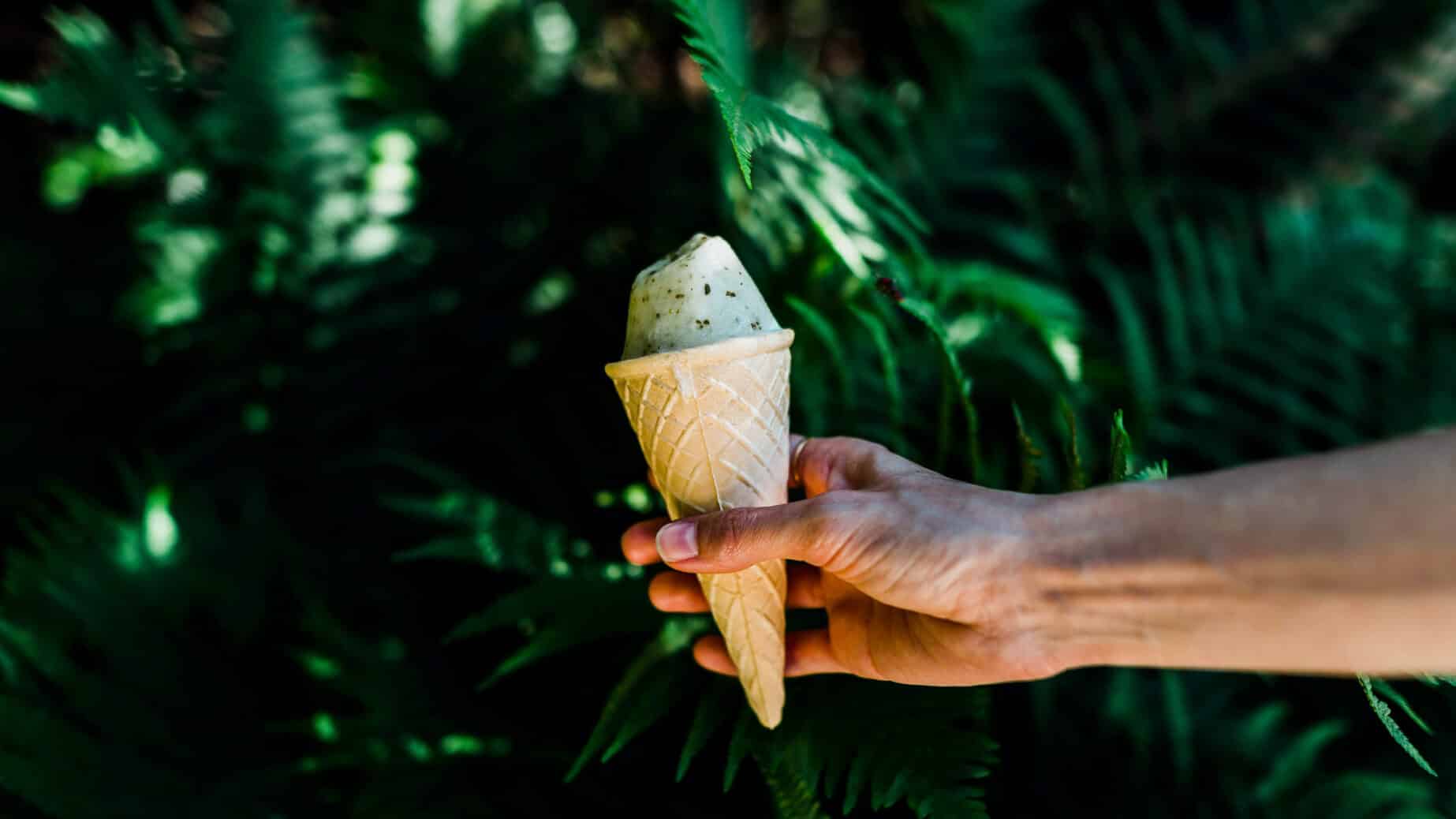
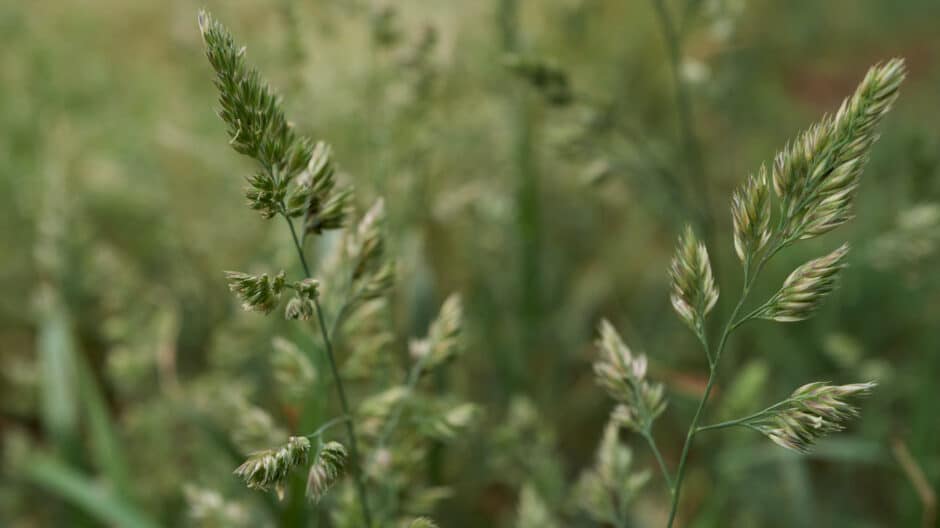

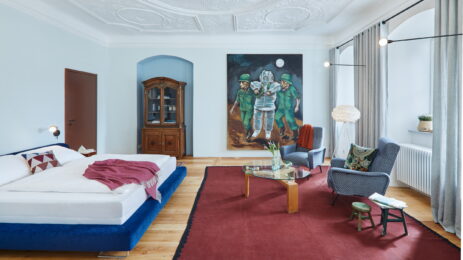
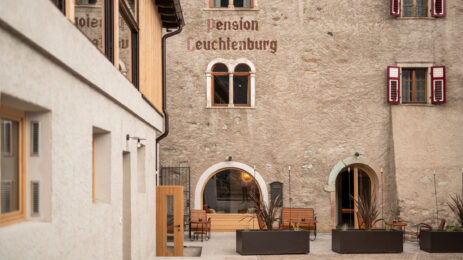
3 Comments
Das Thema ist sehr wichtig und sollte sich in unseren Köpfen manifestieren!
Ich freue mich bereits auf Ihre Fortsetzung…..!?
Liebes Team von Urlaubsarchitektur,
seit Jahren nutzen wir Ihre Plattform und durften wunderbare Erholungszeiten bei großartig engagierten Gastgeber*innen verleben. Dabei spielt das Thema Nachhaltigkeit und biologisches Essen für uns persönlich eine entscheidende Rolle. Mit großer Freude stellen wir fest, dass sich immer mehr Pensionen und Hotels für ein ganzheitliches Konzept/Angebot diesbezüglich entscheiden. Wunderbar, dass Sie diesen Aspekt nun mit einfließen lassen. Danke.
Guten Tag
Vielen Dank für das Aufgreifen des Themas „Nachhaltiges Reisen“.
Ich freue mich sehr, dass Sie es damit zum Thema machen auch für Menschen, die sich vielleicht sonst gerade darüber weniger Gedanken machen, weil sie andere Prioritäten setzen.
Dabei sollte es doch auch beim Reisen ganz oben stehen!